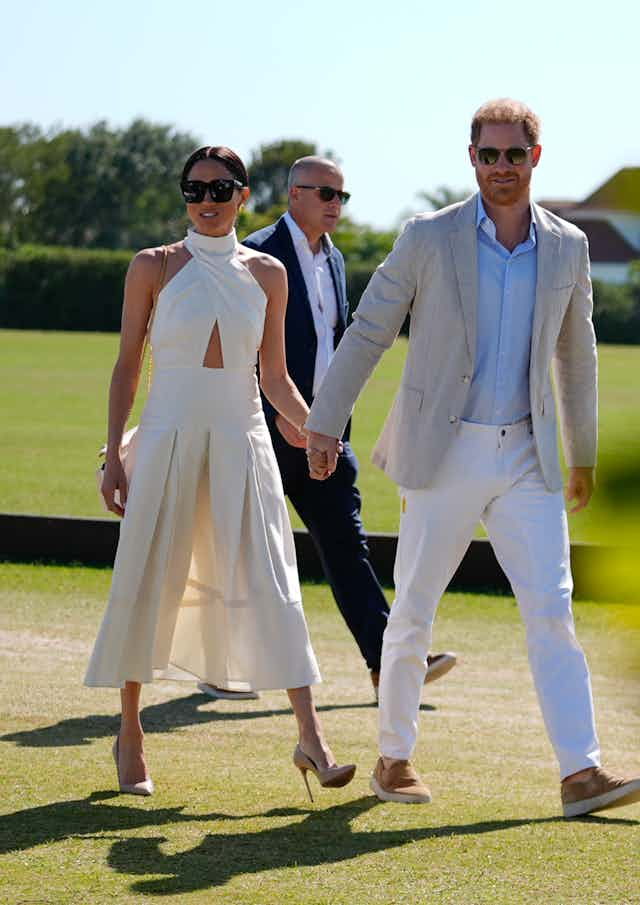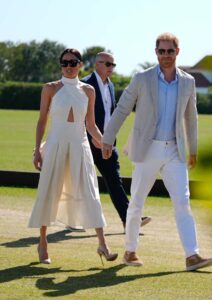CELEBRITY
What’s fuelling the media’s enduring hate campaign against Meghan Markle?

Earlier this year, the Daily Beast published a story that contained highly derogatory allegations about the Duchess of Sussex, Meghan Markle, quoting anonymous sources.

The piece was apparenytly aimed at refuting an earlier story in US Weekly that praised Markle and her management style, and featured people quoted by name.
The Daily Beast piece, written by a British-born journalist, was another example in a well-established pattern of relentless negative media framing of Markle — particularly by the same U.K. tabloids that have been sued by her husband, Prince Harry — and often via the use of unnamed sources.
This framing is readily identifiable by conducting a simple Google News search on her name. Markle, in fact, recently described herself as being one of the most bullied people in the world — which was met with more online bullying.
Although tabloid gossip is a feature of any celebrity’s life, the longstanding and seemingly orchestrated media campaign against Markle, a private citizen who left the United Kingdom almost five years ago and hasn’t spoken publicly about the Royal Family in years, is exceptional.
There have even been allegations of British media outlets attempting to pay people to lie about her.
These efforts reveal important information about the intersection of media power, gender and race.
As a communications scholar, I wanted to examine how Markle has been represented in the media and what other academics have determined in their own research about the coverage of her. The goal is not to assess the media’s derogatory claims about her; rather, it’s to shed light on the concealed structural issues underlying everyday news.











